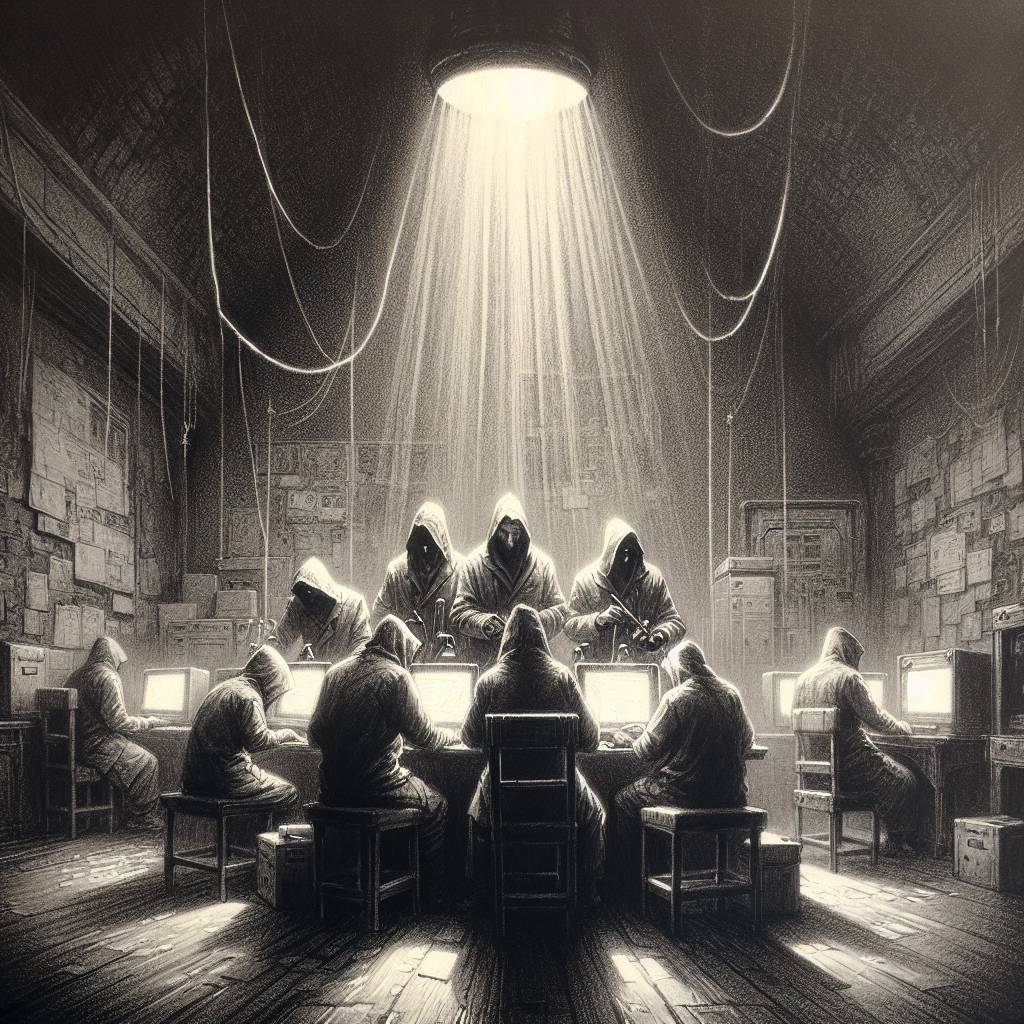North Korean Hackers Swap Spying for Ransomware: ScarCruft’s Money-Motivated Malware Mayhem
ScarCruft, a North Korean hacking group, has pivoted from espionage to ransomware, deploying VCD malware in phishing attacks on South Korea. This marks a shift from traditional spying to financially motivated cyberattacks, blurring the lines between state-sponsored hacking and cybercrime.

Hot Take:
ScarCruft, the North Korean hacking group that’s usually all about espionage, has decided to dip its toes in the ransomware pool. It’s like they’ve gone from being secretive James Bond villains to demanding your lunch money. With their new VCD malware, they’re not just peeking into your files; they’re locking them up and holding them hostage. It’s like they’ve transitioned from the world of spy thrillers to a heist movie, and their target is South Korea. Stay tuned to see if they ask for the ransom in Bitcoin or just a lifetime supply of kimchi.
Key Points:
– ScarCruft, a North Korean hacker group, has added ransomware to their espionage toolkit.
– Their new campaign uses phishing emails with malware disguised as postal code updates.
– The malware includes a backdoor using PubNub to hide its activities.
– The VCD ransomware demands ransoms in both English and Korean.
– Experts suggest this blend of espionage and cybercrime is a growing trend.
From Spies to Cybercriminals
ScarCruft, known for their espionage exploits, is shaking things up by adding a new weapon to their cyber arsenal: ransomware. Traditionally focused on stealing sensitive information from high-profile targets in South Korea, Japan, and Russia, the group is now using this new tactic to cash in on their hacking prowess. The shift from spying to ransomware marks a significant change in strategy, suggesting that even state-backed hackers can’t resist the allure of a good payday.
Phishing for Profit
In July, ScarCruft’s subgroup, ChinopuNK, launched a phishing campaign targeting South Koreans. Victims received emails containing a sneaky file pretending to be a postal code update. Once opened, their computers were infected with over nine types of malware. Among these malicious goodies were the ChillyChino variant, information-stealing programs LightPeek and FadeStealer, and the cleverly concealed NubSpy backdoor, which used PubNub for covert communication. The pièce de résistance? The VCD ransomware, locking files and demanding a ransom in a bilingual twist.
The PubNub Trickery
NubSpy, a backdoor coded in the Rust programming language, adds a layer of sophistication to ScarCruft’s new tactics. By using PubNub, a real-time messaging service, NubSpy masks its malicious traffic amidst normal network activity, making it harder to detect. It’s like finding a needle in a haystack, if the needle was actively trying to rob you. This level of trickery highlights the group’s advanced capabilities and adaptability in the ever-evolving cyber threat landscape.
Ransomware with a Side of Sanctions
The new ransomware strategy is not just about cash—it’s also about navigating economic sanctions. North Korea’s hackers, including ScarCruft, Lazarus, and Kimsuky, have reportedly stolen around $3 billion over six years, according to a United Nations report. With the country facing international sanctions, these cybercriminal activities are more crucial than ever for generating funds. ScarCruft’s ransomware antics are just another chapter in this ongoing saga of digital deception and economic survival.
The Trend of Blurred Lines
Mayank Kumar, an AI engineer from DeepTempo, weighed in on this trend, highlighting how nation-backed hacking groups are merging espionage with criminal activities. It’s like watching a mashup of a James Bond film and Ocean’s Eleven. Kumar warns that advanced persistent threat groups are broadening their toolsets, which means defenders must be ready for multifaceted attacks. Adaptive deep learning, network segmentation, and rapid containment are essential to fend off such blended threats. So, if you’re in cybersecurity, it might be time to hit the books—or at least update your software.
